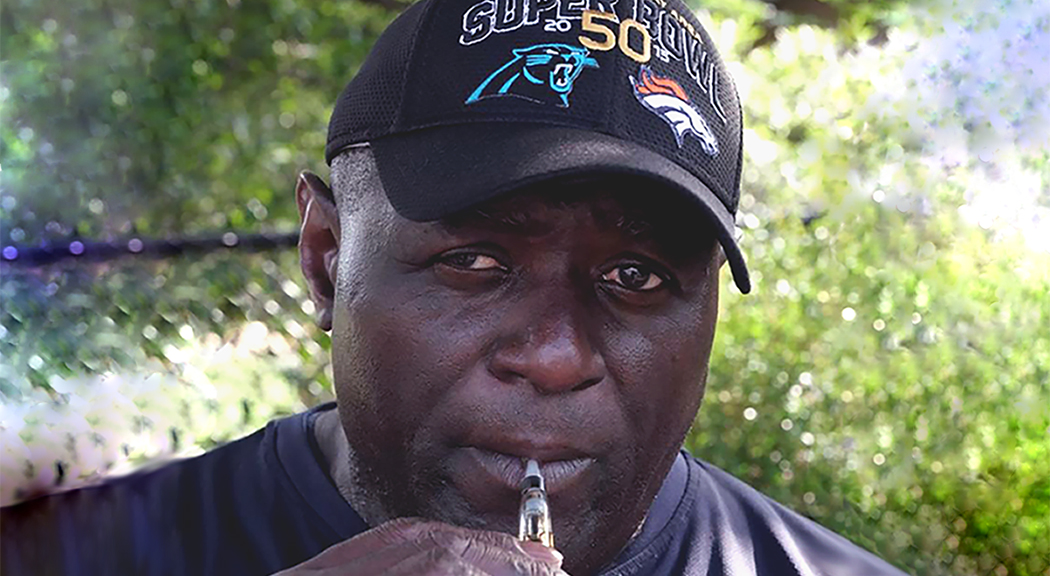Ten Arizona community college districts received an additional $31 million in funding last year, all thanks to legal weed.
Arizona’s cannabis industry sold more than $1.2 billion worth of bud last year, a particularly impressive feat given that 2021 was the state’s first year of legal adult-use sales. These robust sales brought the state Department of Revenue an additional $218 million in tax revenue, over $104 million of which came from the 16 percent state cannabis excise tax.
Like other adult-use states, Arizona uses most of its pot tax revenue to bolster public services. The state’s voter-approved legalization ballot measure requires tax officials to allocate about a third of the total excise tax revenue to the state’s community colleges. The remaining excise tax is divided between public safety and transportation departments as well as health and criminal justice programs.
In 2021, the state revenue department divided around $31 million in pot excise tax revenue between the state’s ten community college districts. Each district is allowed to use this extra cash to fund workforce development or to support education programs like STEM. So far, schools have announced plans to expand public safety, fund new constructions or expansions on campus, and to create new career training initiatives.
The state’s largest district, Maricopa Community Colleges, received over $17 million worth of weed money last year, more than every other district combined. This district has directed $7.6 million of this funding toward operational costs for its skills centers, which provide training for trades and technical jobs.
Cochise College plans to use the $2 million in weed taxes it received to expand its first responders academy for police, firefighters, and emergency medicine workers. The school will use the money to finish building its facility and to hire additional staff.
“It wouldn’t be done at the level that we’re now able to do because of those dollars coming in,” said Cochise College President J.D. Rottweiler to the Associated Press. “It really allows us to springboard this initiative and move it quicker at a time when our frontline workers” are more important than ever.
Since 2014, the year that Colorado and Washington bravely kicked off the country’s first recreational weed markets, adult-use states have collected over $10 billion in pot tax revenue. Around $6 billion worth of this income has been collected in the past two years alone, and every one of these states is using this welcome revenue stream to fund essential state services.
Like Arizona, Colorado has also reinvested some of its weed income into education. In 2020, Pueblo County used $2.3 million worth of cannabis excise taxes to grant scholarships to more than 700 college applicants.
Most other adult-use states also allocate some of their pot taxes to public schools, along with social justice, economic development, and public health and safety programs. Illinois, which now makes more tax income from weed than booze, is also using weed tax revenue to fund a program to help former cannabis offenders clear their criminal records for good.











